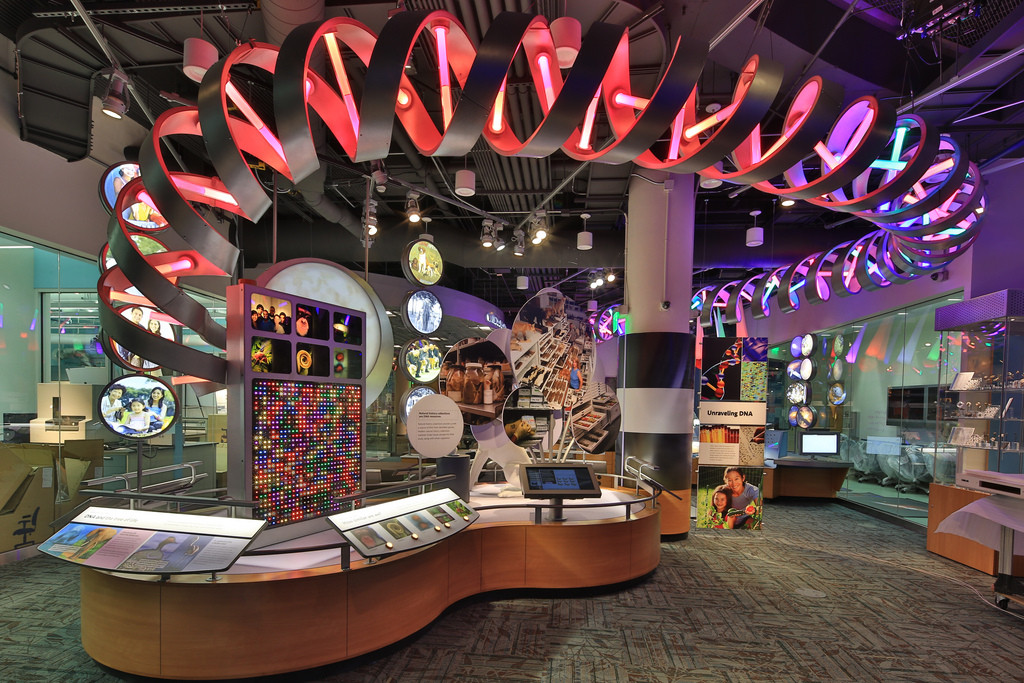Hope for Science Centers
I have been very concerned about the future of science centers, but after my interview today with Alan Friedman, I am not only encouraged, but positively enthusiastic about the role that they can play in civic engagement. Alan points out that science centers are important as conveners of conversations about how science and technology affect our daily lives. But to embrace this role, science centers must move beyond the safety of saying that they only present the “pure science.” The issues surrounding internet privacy, vaccine safety, and climate change to name but a few of the issues facing us today are nuanced and go well beyond the science basics to include economic, political, historical, and social dimensions. Science centers that embrace the full spectrum of the human experience as it relates to a science topic provide their visitors with an opportunity to learn, reflect, and respond in ways that encourage deeper understanding; this approach helps people find their own voice in complex topics.
Citing the discovery of the Higgs boson particle, Alan goes on to say that presenting complex and controversial topics does not mean that science centers can’t continue to present scientific discoveries and achievements that are simply fascinating in their own right, whether or not they have any immediate practical application. But for science centers to stay relevant to their communities, as Alan says to move from being nice to being necessary, will require science centers to engage their audiences in multidimensional–and multidisciplinary discussions. I think this begins with acknowledging that museum audiences are pretty smart and worthy of the effort.
Listen to my complete interview with Alan on my radio show The Museum Life.

